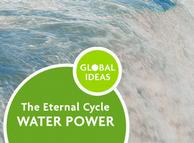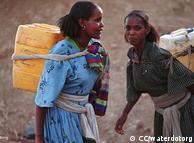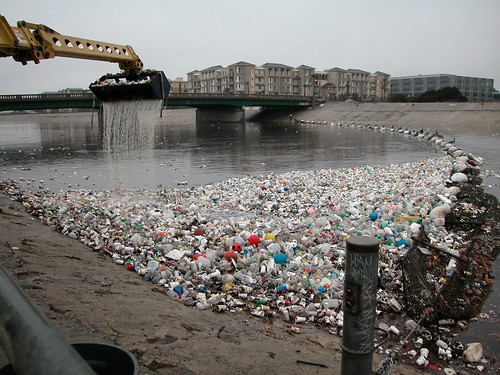Search Results for Tag: water
Women Most at Risk from Climate Disasters
Women, particularly those living in mountain regions in developing countries, are facing disproportionately high risks to their livelihoods and health from climate change. That is the result from a new report entiteled “Women at the Frontline of Climate Change: Gender Risks and Hopes.“ The report has been released at the UN Climate Change Conference (COP17) in Durban by the United Nations Environment Programme (UNEP).
Investing in low carbon, resource efficient green technologies, water harvesting and fuel wood alternatives can strengthen climate change adaptation and improve women’s livelihoods, says the report. In parts of Asia and Africa, where the majority of the agricultural workforce are female, the impacts of such disasters have a major impact on women’s income, food security and health.

Achim Steiner, United Nations Environment Programme (UNEP)
“Women often play a stronger role than men in the management of ecosystem services and food security. Hence, sustainable adaptation must focus on gender and the role of women if it is to become successful”, said UN Under-Secretary General and UNEP Executive Director, Achim Steiner. “Women’s voices, responsibilities and knowledge on the environment and the challenges they face will need to be made a central part of Governments’ adaptive responses to a rapidly changing climate.” According to the report, women in communities vulnerable to climate change are often more likely than men to lose their lives during natural disasters, due to poor access to coping strategies such as basic lifesaving skills or cultural factors that restrict the mobility of women.
More on that issue on ideasforacoolerworld.org/en
What’s your plastic footprint?
With so much talk of climate change and carbon dioxide emissions nowadays, most people are familiar with a carbon footprint. But what about a plastic footprint?
An initiative in Hong Kong called The Plastic Disclosure Project plans to send out questionnaires to companies and institutions around the world asking them to assess, monitor and report their use of plastic. The aim is to get them to cut their plastic consumption as well as try to change the awareness and behavior of big users of plastic.
Environmentalists have long complained that plastic pollution has become a major threat to the world’s water bodies and the environment. If the plastic footprint becomes as widespread as its carbon counterpart, the project may just lead to a real clean up.
Green Ganeshas
Ganesha Chaturthi is a major Hindu festival in India. The highlight is the immersion of thousands of idols of the elephant-headed god Ganesha in lakes and rivers. Environmentalists however say the brightly-colored statues contain toxic chemicals which cause serious pollution to water bodies.
Now, authorities in the state of Andhra Pradesh have launched a campaign ahead of this year’s festival in September for eco-friendly Ganeshas. They’re pushing for the use of statues made of clay instead of the usual plaster of Paris. Clay, they say, dissolves quickly and does not harm aquatic life. Idol-makers are being trained to use natural colors instead of chemicals for painting the statues. The campaign also urges people to remove plastics and other decorations put on the idols before they are immersed in the water.
World Water Week 2011
“Water in an Urbanising World” is this year’s theme of World Water Week currently taking place in Stockholm. The 2011 installment of the annual event draws experts from science, NGOs, business and politics to debate the issue of water (and the lack of it). In the words of the organizers the conference “focuses on new thinking and positive action toward water-related challenges and their impact on the world’s environment, health, climate, economic and poverty reduction agendas.”
Watch the live stream from the conference here:
Dossier: Harnessing the energy of water
Hydroelectric power plants can generate vast amounts of electricity. The technology is emissions-free, reliable and safe. But large dams and hydropower facilities can sometimes create more problems than they can solve. Learn more in the latest GLOBAL IDEAS multimedia dossier http://bit.ly/GI_dossierHydro












Feedback